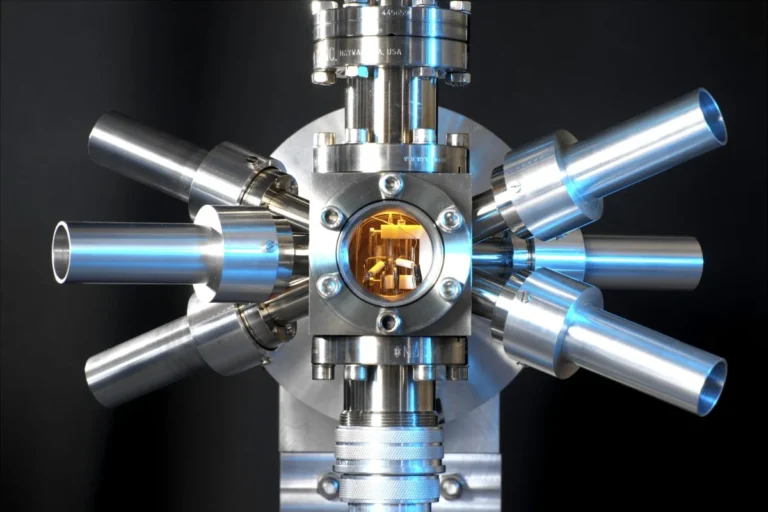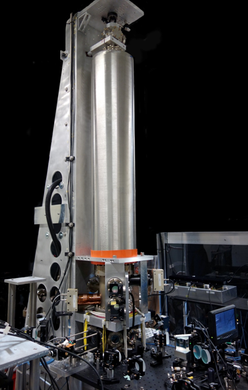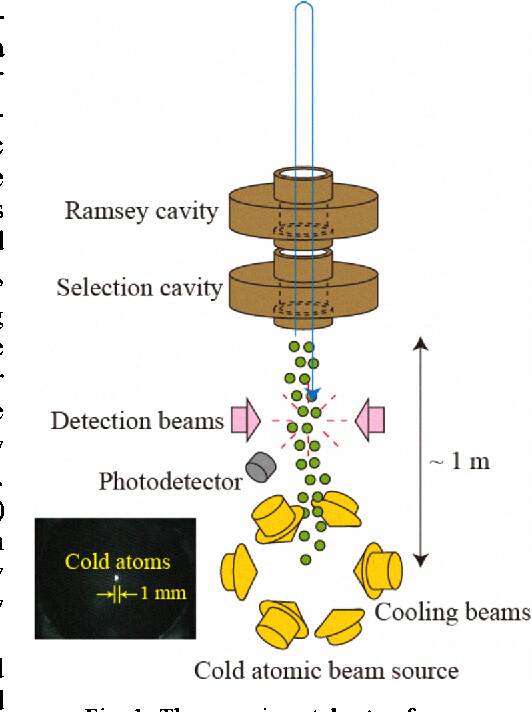China creates an optical clock that will be perfectly accurate for seven billion years

Researchers at the University of Science and Technology of China have supposedly built an optical clock with a stability and uncertainty of less than five quintillionths of a second . The clock will lose or gain a second in the next seven billion years. Therefore, it is likely to represent the exact time throughout the lifetime of us, our children and our grandchildren.
Optical watches have a fundamental role in the future that is emerging today. Scientists believe they can develop more accurate global positioning (GPS) and quantum key distribution systems using optical clocks. The innovations compared to other ultra-precise watches are linked to the use of strontium as a reference atom and to the excitation methods via photons.
Research teams from Japan, the United States and Germany worked on the development of atomic clocks. However, the most accurate atomic clock is located at the University of Colorado at Boulder and is also stable in its operation. Thanks to this recent achievement, China has become the second nation in the world to have demonstrated precise timekeeping. However, the watch is supposed to be more precise than its US counterpart.
One step closer: Scientists use light sources to power a nuclear clock
Race to reduce time in the world's smallest atomic clocks
How is a second defined
A second is defined by science based on an atomic clock, known as a cesium fountain clock. The cesium atoms are irradiated with the microwave signal, and "interrogated" about their state (quantum, spin) after exposure. Depending on the result, the interrogation frequency is varied more or less, until it is "hooked" to the resonance of the atom. A beam of cesium atoms comes out of an oven, is directed into a magnetic field, to be then hit by microwaves in an interaction zone, and finally interrogated about its state by a mass spectrometer.
Each such cycle is a tiny tick that constitutes fractions of a second, allowing scientists to maintain precise timekeeping to within several quadrillionths. However, the accuracy of such a clock depends on the frequency of the microwaves. For this reason, researchers have developed an optical clock that replaces microwaves with laser light. This is estimated to improve the watch's performance by two orders of magnitude.
Building optical watches for the future
Adopting digital optical clocks requires at least three laboratories to achieve stability of less than five quintillionths and uncertainty of less than two quintillionths. Under the leadership of Pan Jianwei, the Chinese research team used strontium to make its optical clock.
The researchers cooled the strontium atoms to temperatures of a few micro-Kelvins. Then, they trapped them in a one-dimensional lattice created with the help of intersecting laser beams. They then used an ultra-stable laser to trigger the atoms and achieve a stable and precise state transition oscillation.
Comparison with other independent clocks confirmed that the optical clock was stable up to 2.2 quintillionths, while its uncertainty was 4.4 quintillionths. In the research journal Metrologia, the researchers stated that their optical clock would lose or gain a second in 7.2 billion years.
This ensures that the team's work falls within the minimum criteria required for building a future that uses optical clocks for precise timekeeping. The researchers also plan to use other atoms, such as ytterbium, to make the clock and compare differences in time measurement.
The researchers also said their work opened up new avenues for testing fundamental theories of physics and for searching for gravitational waves and dark matter. Extremely precise measurement of time is necessary in physics, or in calibrating GPS satellite systems, whose precision depends precisely on the synchrony of the system's internal clocks.

Thanks to our Telegram channel you can stay updated on the publication of new Economic Scenarios articles.
The article China creates an optical clock that will be perfectly accurate for seven billion years comes from Economic Scenarios .
This is a machine translation of a post published on Scenari Economici at the URL https://scenarieconomici.it/la-cina-crea-un-orologio-ottico-che-sara-perfettamente-preciso-per-sette-miliardi-di-anni/ on Mon, 29 Jan 2024 16:57:54 +0000.


